UKRAINE WORKERS: WARTIME DIARIES
WHY WE’RE DIFFERENT
We are the largest U.S.-based international worker rights organization partnering directly with workers and their unions, and supporting their struggle for respect, fair wages, better workplaces and a voice in the global economy.
We value the dignity of work and workers. We know how all the work everyone depends on gets done–who picks the food for your table, cleans your home so you can go to the office, makes your clothes, keeps your streets clean. And at our core is every worker’s right to solve issues through collective action and to form unions.
What’s New
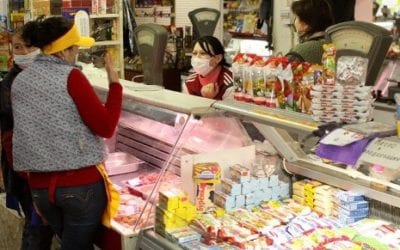
More Attacks on Rights of Ukrainian Workers
Read More
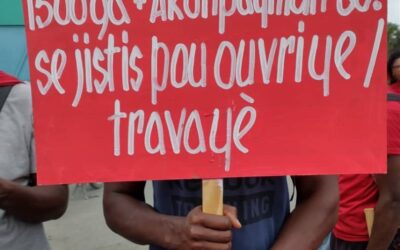
Haiti Garment Workers Win Key Benefits
Read More
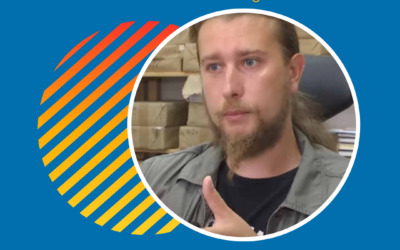
Podcast: In Midst of War, Ukrainian Parliament Attacks Worker Rights
Read More
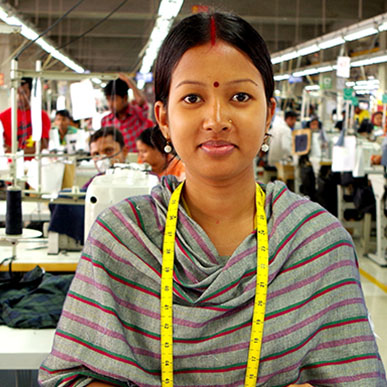
The Solidarity Center Podcast

BILLIONS OF US, ONE JUST FUTURE
CONVERSATIONS WITH WORKERS (& OTHER SMART PEOPLE) WORLDWIDE SHAPING THE WORKPLACE FOR THE BETTER
Hosted by Solidarity Center Executive Director Shawna Bader-Blau
Subscribe: Amazon | Apple Podcasts | RSS | Spotify | Stitcher
No Results Found
The page you requested could not be found. Try refining your search, or use the navigation above to locate the post.
Our work
Programs in
Countries
Reaching
People
Works with
Unions & other Ngos
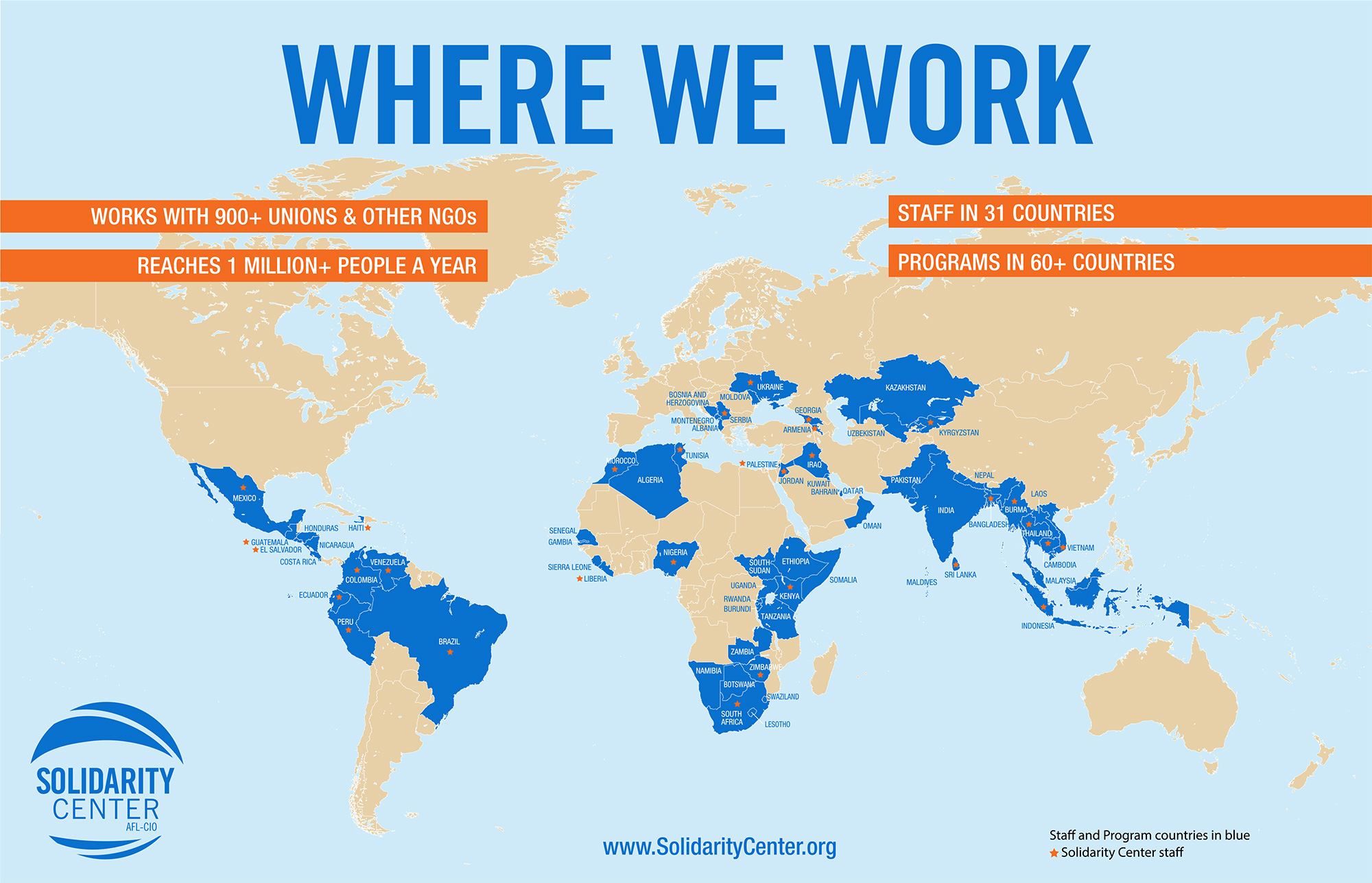
Reaching 1 Million+ People Worldwide
Solidarity Center in the News
How Garment Workers Used Fashion on the Picket Line
David Welsh, currently country director for the Solidarity Center in Southeast Asia, has worked in both Bangladesh and Cambodia. He says in both countries, “it’s the same brands and the same export markets, primarily the U.S., North America, and the EU,” and “the same 15 to 20 brands monopolize the market and set the conditions worldwide.”
FIVE YEARS ON FROM TAZREEN, WORKERS’ PROGRESS AT RISK
Solidarity Center Director of Asia programs, Timothy Ryan, says that the Bangladesh government and industry’s reaction to the empowerment of garment workers and their unions runs the risk of harming not only Bangladesh garment workers but the very trade deals that make the country’s garment and textile sector its economic engine.
Interview with Rose Omamo from Kenya and Cida Trajano from Brazil [Radio]
Solidarity Center Director of Trade Union Strengthening Sarah McKenzie introduces two women union leaders from Brazil and Kenya visiting the U.S. on a 20-member, all-women Solidarity Center Exchange Program—Omamo, general secretary of the Amalgamated Union of Kenya Metalworkers, and Trajano dos Santos, president of the Brazil garment workers union, Confederação dos Trabalhadores nas Indústrias do Vestuário (CNTV).
Follow Us On Twitter
Mark your calendar
Test 12-1-22
Read More
Women Workers’ Voices and Participation on the COVID-19 Recovery Front Lines
Read More
